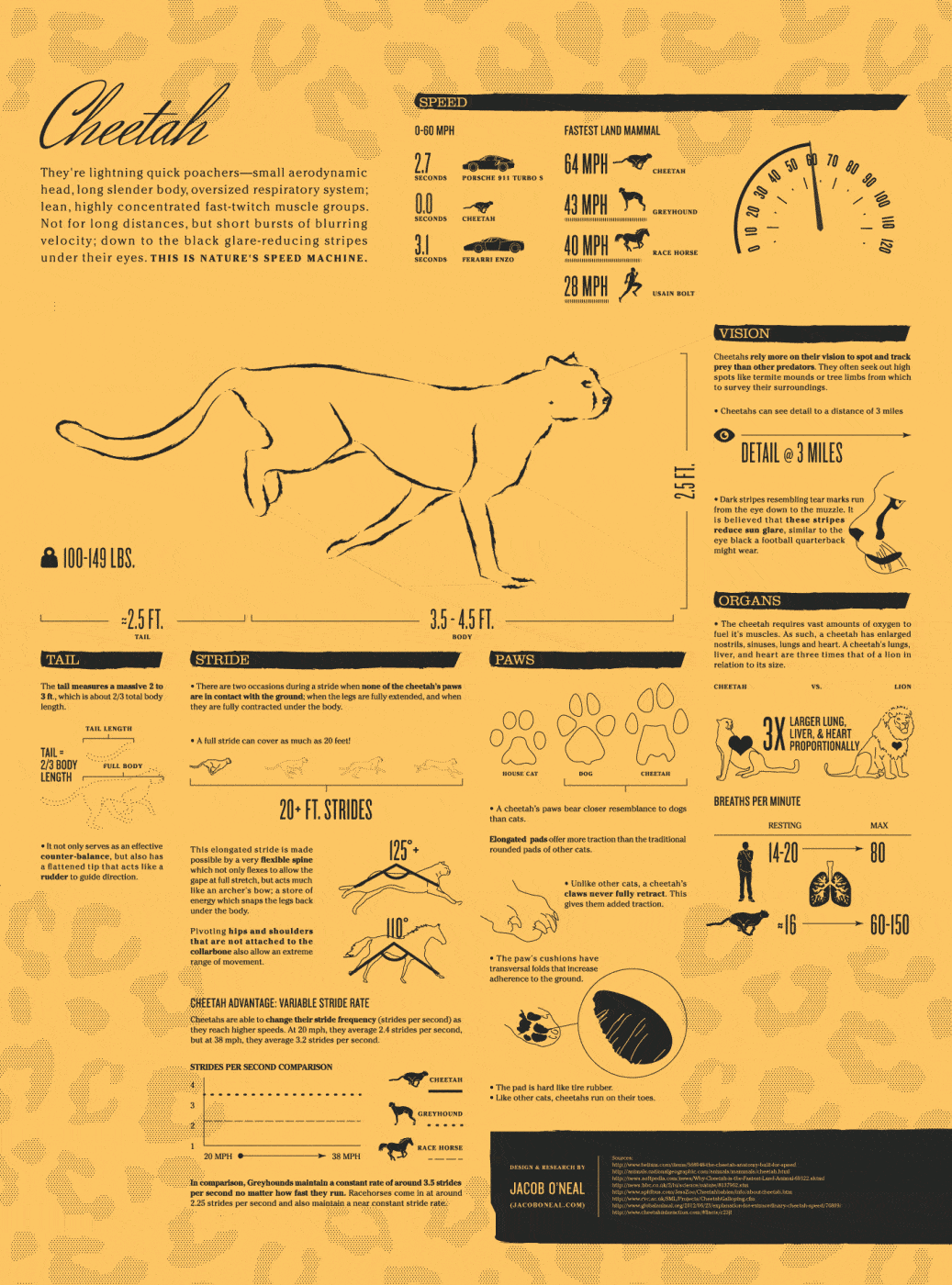Perhaps you’ve heard the term content marketing on the grapevine, but you’re not entirely sure exactly what it is and how it works. If that’s the case and you want to learn about some of the fundamental aspects to content marketing, you’ve come to the right place. Content marketing is just one small part of the world of digital marketing, which, for an outsider looking in, can be incredibly daunting. But fear not, as this post will help you find your feet and get familiar with what it’s all about. By the end you’ll be able to tell your friends and colleagues about it!
Starting at the very beginning, what is Content Marketing?
In a nutshell, Content Marketing is defined as:
“A strategic marketing approach focused on creating and distributing valuable, relevant, and consistent content to attract and retain a clearly defined audience — and, ultimately, to drive profitable customer action”. – The Content Marketing Institute
But what does that actually mean in the real world?
Content Marketing is all about the creation and promotion of good quality content, which, and this is the useful part, drives a specific action or activity. For example, it could increase conversions, acquire links or encourage social sharing.
Of course, if you’re going to the effort to create content, you want it to have the desired effect and to reach and resonate with the right people. If customers can find the information they need, it helps to create loyalty and get people really engaging with your brand.
What Does Content Marketing Do?
Content is designed, researched and created with a business’ marketing goals in mind. Examples of objectives that can be addressed through a successful content marketing campaign can include:
- Increased conversions – whether picking up the telephone, submitting a contact form or signing up to an e-newsletter, whatever the end goal, successful Content Marketing has the power to drive activity and impact upon on-site conversions.
- Acquire links – the creation of high-quality content has an increased chance of attracting links from reputable websites, who regard a business as an authority within that particular niche or industry.
- Social shares – interesting, shareable content organically increases engagement on social media platforms and encourages shares, mentions and comments.
- Increased traffic – compelling content targeted to the right audience types can drive traffic and increase relevant site visitors.
- Increased brand awareness – shouting your brand from the top of a mountain won’t work, reaching the right people with the correct brand messaging through content will increase brand awareness and get heads turning for the right reason.

How Does Content Marketing Work?
The one thing that drives all good content marketing campaigns is an established end goal. A solid strategy cannot exist without goal identification present right from the get-go. After all, how can you produce something without knowing your reason for creating it?
Once the end goal(s) is established, it’s then a case of performing an in-depth audit. This looks at many elements including a competitor analysis to see what techniques your closest online rivals are using, influencer identification within your specific industry and a close look at any existing marketing strategies already being used by the customer.
The information compiled by the audit will then be used to create a comprehensive content marketing plan- mapped out over a course of 3, 6 or 12 months or whatever your marketing preferences are.
Ideally a Content Marketing plan will tell you:
- What the content is
- What the goal is for that specific type of content
- Who the content is for (audience)
- How it will be produced and promoted
- Where it will be marketed
- When it will be published
What Types Of Content Are There?
One of the great things about content is that it’s incredibly varied and extensive. Ultimately it comes down to the goals, objectives and budget of the business and campaign in order to decide what works best for your brand but take a look at some of these suggestions to help guide your decisions.
Blog Posts
If you have a website, one of the fundamentals is to have a business blog. This not only adds value, builds brand awareness and allows you to shout about what you do, but can generate traffic, a link profile and increased activity on social media (shares, comments etc.).
A blog can cover all manner of topics relating to your industry and can generate lots of engagement, especially when they’re teamed up with eye-catching images. But make sure when you’re thinking about creating blog posts, they have a clear purpose. Identify user queries or commonly asked questions and then answer them, as this is more likely to give you results.
PR Mentions And Citations
Being quoted in relevant industry publications, websites and resources is a great way to build authority from third parties, increase brand awareness, drive referral traffic and achieve link acquisition from credible sources.
Whitepapers And User Guides
Whitepapers and user guides enable audiences to gain an in-depth insight and understanding into a specific topic, service or product. This is where you can really go to town with answering user queries, especially if your product or service is a slightly more complex one.
A downloadable resource like a whitepaper or user guide enables users to easily access informative content, adding value to their experience and increasing the chance of repeat site visits.
Infographics and Visualisations
Infographics are all about presenting data, statistics or snippets of key information in an engaging way that is very visual and exciting. They should never be too text-heavy and be as visual and informative as possible.
Infographics have undergone a change in recent times, with a shift from simply presenting information on a given topic, to becoming an interactive visual showcase that audiences find even more engaging and stimulating. Here’s a fun example (click on the image to see the interactive element):
Presentations
Publishing platforms such as SlideShare allow users to share presentations with each other in an engaging and visual way. Presentations can also be embedded within business blog posts to add value, increase engagement and create a visually stimulating piece of valuable content.
There’s loads more too, we’ve just scratched the surface! Here are some more to have a think about:
- Videos
- Reviews
- Guest features and interviews
- Press releases
- Images
- Webinars
- Podcasts
Topics To Write About
The scope for creating content is incredibly vast. With the opportunity for your brand to become its very own unique publisher, the sky is the limit for imaginative content creation. Think about what your audience would appreciate as a starting point – perhaps they’d be interested in an upcoming industry event, or perhaps product reviews and how to guides? There may be some FAQs which are relevant to your industry that would help your customers out. When you’ve decided on a topic, make sure you do some keyword research to determine whether there are any highly searched terms which you should include in your copy. Tools like Google Keyword Planner are great for this.

Promoting Your Content
So you’ve done the ideation and research, and worked super hard to get some great content together, but what next? You want to try and get your content in front of as many eyes as possible, so we recommend looking to promote your content through a selection of owned, earned and paid media channels, which look like this:
Owned Media – This is media you already own. For example, an existing website/company blog, social media profiles such as LinkedIn, YouTube, Twitter or Facebook, as well as content publishing platforms like SlideShare, Visual.ly and Tumblr.
Earned Media – This type of media requires further activity to develop, such as joining social groups and communities and engaging with industry specific groups. Proactively sourcing relevant PR opportunities, relationship building and outreaching to key influencers within the specific industry also fall under earned media.
Paid Media – Paid media includes Pay Per Click (PPC) advertising, remarketing through Google Adwords, paid social and event sponsorship. Each of them can be used in specific ways and are all advocated, as long as it fits within your goals and strategy.
How Do You Measure the Success Of Content Marketing Campaigns?
A number of tools can be used to measure the success and effectiveness of a Content Marketing campaign, depending on the sort of metrics you want to know.
For organic data, look to Google Analytics
Forming the backbone of how content success is measured is website analytics, statistics from Google Analytics offer a powerful insight into how content performs and conversions are generated. You can look into page views (organic, referral, direct), time on site, bounce rate, goal completions, transactions and tonnes more.
Specific goals can also be set up in Google Analytics which measure the impact that individual pieces of content have had on driving a specific conversion i.e. how many contact form submissions have been completed as a result of a piece of content.
For best-selling products, it’s E-commerce tracking
Your e-commerce platform will identify your best-selling products, and this can be used to demonstrate and track how effective specific content has been in translating into generated leads, sales and increased revenue.
Want to Dig A Little Deeper into Content Marketing?
Like what you hear and what to find out more? Koozai have created a number of whitepapers which explore different aspects of the Digital Marketing industry. Get your hands on your free whitepaper: The Complete Guide To Content Marketing Strategy, Planning and Creation. If you really want to get to grips with all things content marketing, we recommend taking a look at our new Content Marketing online training course, containing loads of videos on not just what it’s all about, but several practical ‘how-to’ strategy tasks too – you’re guaranteed to learn loads.
The post A Beginner’s Guide To Content Marketing appeared first on Koozai.com
About us and this blog
We are a digital marketing company with a focus on helping our customers achieve great results across several key areas.
Request a free quote
We offer professional SEO services that help websites increase their organic search score drastically in order to compete for the highest rankings even when it comes to highly competitive keywords.
Subscribe to our newsletter!
More from our blog
See all postsRecent Posts
- Web Hosting September 26, 2023
- Affiliate Management September 26, 2023
- Online Presence Analysis September 26, 2023


